Getting Pregnant During COVID-19 Pandemic
COVID-19 is still a new disease that we are learning more about each day. We know this has been a scary time for most people globally. Many people are living through their first pandemic, and even just getting household essentials has been a challenge some days.
During this time of the coronavirus (COVID-19) pandemic, people have questions about whether or not they should get pregnant. If you are pregnant or thinking about becoming pregnant, you’re likely concerned about how the pandemic will impact your pregnancy. We still have relatively little information about how this virus affects pregnant people and their pregnancies. It’s common to feel alarmed and stressed throughout this time, as starting or expanding a family brings up new questions.
Are pregnant people at higher risk for COVID-19?
The overall risk of COVID-19 to pregnant women is low. However, the physiologic changes of pregnancy make pregnant people appear more likely to develop respiratory complications requiring intensive care than women who aren’t pregnant. Pregnant people who have other medical conditions might be at further increased risk for severe illness. More research is needed to know specifically how this virus impacts pregnant people since this virus COVID-19 is new.
Labor and delivery risks to the mother’s and the baby’s health?
If you have COVID-19 and are pregnant, your treatment will be aimed at relieving symptoms and may include getting plenty of fluids and rest, as well as using medication to reduce fever. If you’re very ill, you may need to be treated in the hospital. There is no definite evidence that the COVID-19 virus can be passed from the pregnant parent to the fetus through the placenta, called vertical transmission. If you give birth while you are positive for COVID-19, you do not need to have a cesarean section, or c-section, unless otherwise medically indicated. However, some research suggests that pregnant women with COVID-19 are also more likely to have a premature birth and cesarean delivery, and their babies are more likely to be admitted to a neonatal unit.
If you are healthy as you approach the end of pregnancy, some aspects of your labor and delivery might proceed as usual. But be prepared to be flexible. You might be screened again before entering the labor and delivery unit to protect the health of you and your baby, definitely the facilities will limit the number of people you can have in the room during labor and delivery.
Preterm birth is the most common side effect on the fetus of a pregnant parent positive for COVID-19.
Postpartum Considerations
This is a stressful time, pay attention to your mental health. Reach out to family and friends for support while taking precautions to reduce your risk of infection with the COVID-19 virus. Access to early prenatal care is important and should be accessible during this time. However, public health experts are recommending avoiding unnecessary medical visits. Talk to your health care provider about virtual visit options for checking in after delivery, as well as your need for an office visit. However, It’s recommended that postpartum care after childbirth be an ongoing process.
Disclaimer
The information, including but not limited to, text, graphics, images and other material contained on this website are for informational purposes only. The purpose of this website is to promote broad consumer understanding and knowledge of various health topics. It is not intended to be a substitute for professional medical advice, diagnosis, or treatment. Always seek the advice of your physician or other qualified healthcare providers with any questions you may have regarding a medical condition or treatment and before undertaking a new health care regimen, and never disregard professional medical advice or delay in seeking it because of something you have read on this website.
References

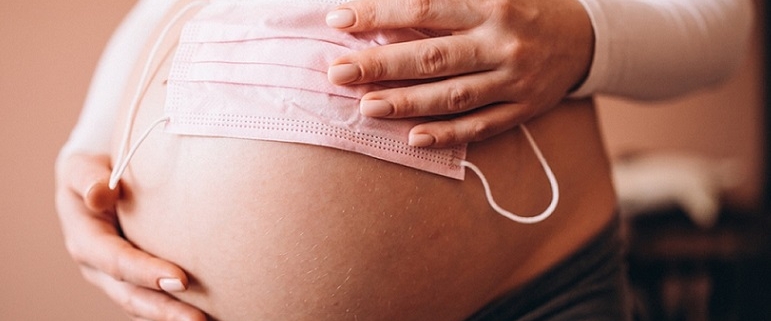
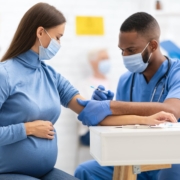
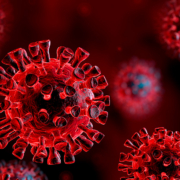

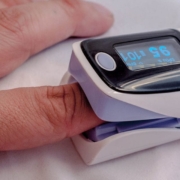
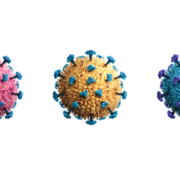



Leave a Reply
Want to join the discussion?Feel free to contribute!